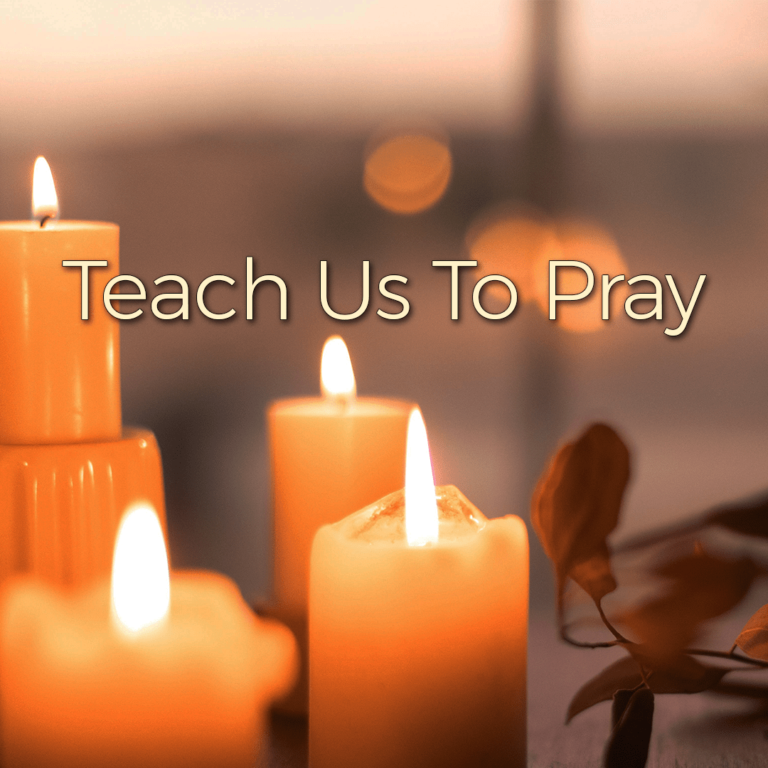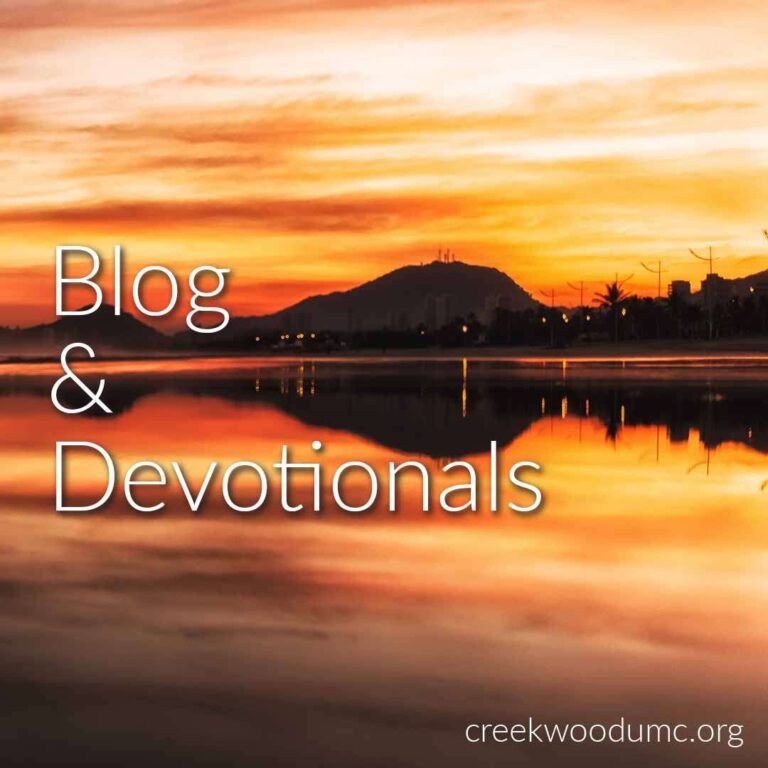Wisdom for Today: Work and Sabbath

“Go to the ant, you lazy person; observe its ways and grow wise. The ant has no commander, officer, or ruler. Even so, it gets its food in summer; gathers its provisions at harvest.”
-Proverbs 6:6-7 NRSV
Have you ever heard Aesop’s Fable about the ant and the grasshopper?
The short version of the story is that there is a grasshopper relaxing and enjoying the beautiful spring day until he sees an ant laboriously working back and forth, back and forth, back and forth all day long. As the spring turns into summer and the grasshopper is enjoying the bounty that spring has provided, the ant continues to labor and earns derision from the grasshopper – who can’t understand why the ant is foolish enough to let this beautiful day go to waste.
The story goes on, but hits the climax when winter comes and the grasshopper realizes he has no shelter, no food, and no warmth. On the other hand, the ant is nestled up nice and warm with plenty of food to survive the winter – with a choice to make as to whether to share with the grasshopper or not.
As with many ancient stories, they were passed orally by traders and traveling teachers, until they were written down in the authoritative text of each tribe or nation. Sure enough, we find a version of this story in Proverbs, which would have been written somewhere around the same time as Aesop – perhaps a little earlier.
And it’s the perfect story for Proverbs, because the wisdom being passed down to the young, elite Hebrew men is that they should not enjoy the indulgence of their position. Proverbs goes out of its way to preach the value of work, industry, and how idleness and laziness will lead to ruin.
The Hebrew people are supposed to be the ant. No matter how much fun it is to be the grasshopper.
But I also remember a pretty stern commandment from Exodus 20:8-11 that seems to lean the other way:
“Remember the Sabbath day, and keep it holy. Six days you shall labor and do all your work. But the seventh day is a sabbath to the LORD your God; you shall not do any work – you, your son or your daughter, your male or female slave, your livestock, or the alien resident in your towns. For in six days the LORD made heaven and earth, the sea, and all that is in them, but rested the seventh day; therefore the LORD blessed the sabbath day and consecrated it.”
When the end of the Proverb about the ant ends with, “A little sleep, a little slumber, a little folding of the hands to rest, and poverty will come up on you like a robber, and want, like an armed warrior,” (Proverbs 6:10-11) doesn’t that seem contradictory?
This is where we need to remember that scripture is, in part, contextual and Proverbs wasn’t written for the mom on food stamps trying desperately to provide for her children. It was written for young people who graduate from Lovejoy, Allen, and similar communities where they’ve both had to work hard but also enjoyed many of life’s luxuries.
It’s written to assuage indulgence.
The commandment of the Sabbath, however, is given to assuage manic overworking and seeking of meaning in only work alone. It’s written so that the young people graduating from Lovejoy, Allen, and other schools remain humble and give up their work to the Lord. It’s written so that the mom on food stamps remembers she can take a breath and that God is with her.
It is written to bring balance.
That’s the wisdom of scripture. Balance. We find it in the scientific world under the name homeostasis. We find it in Jewish tradition under the word “Shalom.” Shalom means “peace,” but not just in a meditative or non-violent way. It means peace throughout the system – which is why the Sabbath command from Exodus is expounded in Leviticus to include a Jubilee year where debts are forgiven, people go free, and the whole system can return to normal again.
Taken together, the command for people to work and rest is about balance – personally and socially – so that we remember who it is that we’re balancing on, and who is balancing us. Overworking will lead to a reliance upon ourselves alone. Indulgence will lead to a satisfying us ourselves alone.
Balance of work and rest will lead to a life that remembers our joy is found in the Lord and not success, indulgence, or domination.
I pray shalom upon you today. I know many of you (and myself) who love to work all the time. I know some probably dream of the day they are sitting on a yacht covered in bonbons with personal servants. I pray shalom for you and me today so we can avoid the pitfalls of both.
Peace,
David Lessner





